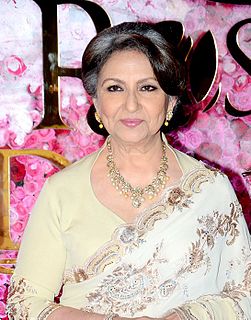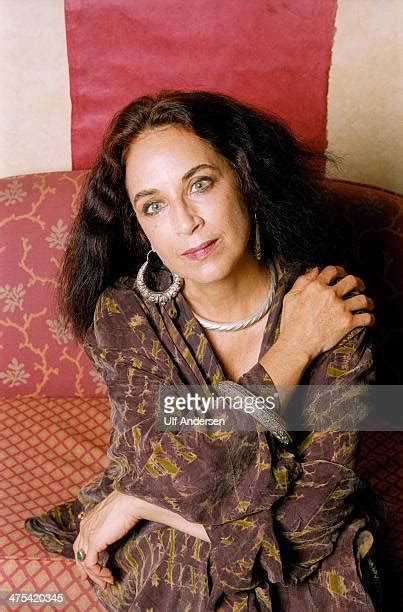A Quote by Amos Bronson Alcott
Of books in our time the variety is so voluminous, and they follow so fast from the press, that one must be a swift reader to acquaint himself even with their titles, and wise to discern what are worth reading.
Related Quotes
Every reader, as he reads, is actually the reader of himself. The writer's work is only a kind of optical instrument he provides the reader so he can discern what he might never have seen in himself without this book. The reader's recognition in himself of what the book says is the proof of the book's truth.
We can imagine the books we'd like to read, even if they have not yet been written, and we can imagine libraries full of books we would like to possess, even if they are well beyond our reacher, because we enjoy dreaming up a library that reflects every one of our interests and every one of our foibles--a library that, in its variety and complexity, fully reflects the reader we are.
If this nation is to be wise as well as strong, if we are to achieve our destiny, then we need more new ideas for more wise men reading more good books in more public libraries. These libraries should be open to all — except the censor. We must know all the facts and hear all the alternatives and listen to all the criticisms. Let us welcome controversial books and controversial authors. For the Bill of Rights is the guardian of our security as well as our liberty.
If you are reading in order to become a better reader, you cannot read just any book or article. You will not improve as a reader if all you read are books that are well within your capacity. You must tackle books that are beyond you, or, as we have said, books that are over your head. Only books of that sort will make you stretch your mind. And unless you stretch, you will not learn.
Any man will go considerably out of his way to pick up a silver dollar; but here are golden words, which the wisest men of antiquity have uttered, and whose worth the wise of every succeeding age have assured us of; and yet we learn to read only as far as Easy Reading, the primers and classbooks, and when we leave school, the Little Reading, and story books, which are for boys and beginners; and our reading, our conversation and thinking, are all on a very low level, worthy only of pygmies and manikins.
I was always a slow reader, from the very beginning. I remember in first grade our teacher divided us into groups, and I was definitely in the slow group. She didn't call it that, but everybody in the class knew. But I still loved reading. Being a slow reader affected my grades in school, but it didn't affect my love for reading. I still loved going to the library, and I still loved reading books.
The very cheapness of literature is making even wise people forget that if a book is worth reading, it is worth buying. No book is worth anything which is not worth much; nor is it serviceable, until it has been read, and re-read, and loved, and loved again; and marked, so that you can refer to the passages you want in it.




































